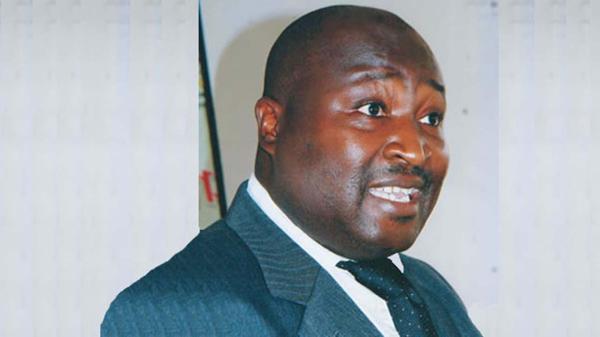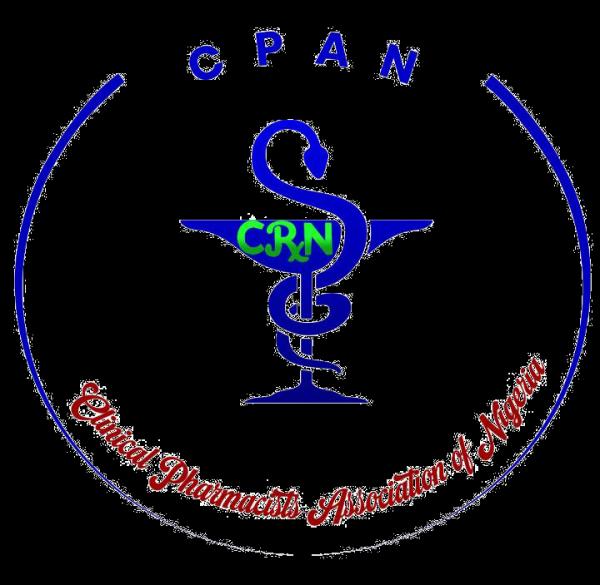
Past President of the Pharmaceutical Society of Nigeria (PSN), Pharm. Olumide Akintayo, has urged the National Assembly to adopt a realistic and sustainability-driven approach as it considers five new health-related bills, including amendments to the National Health Act, the establishment of new National Eye Centres, a Federal Orthopedic Hospital, and a National Sickle Cell Research Centre.
Akintayo made the remarks at the Senate Public Hearing on Health Institutions, where he represented the PSN and spoke on the need for Nigeria’s health reforms to align with economic realities and long-term system capacity.
Speaking on the proposed amendment to the National Health Act—which seeks to raise the Basic Healthcare Provision Fund (BHCPF) allocation from 1% to 2% of the Consolidated Revenue Fund—Akintayo described the intention as noble but cautioned that implementation must reflect existing fiscal constraints.
“We are dealing with five bills today, and one of them proposes an amendment to the National Health Act to increase the level of funding from 1% to 2%. This is a laudable initiative because it strengthens social health insurance, emergency services, primary healthcare, procurement of essential medicines and vaccines, and other critical functions,” he said.
“But we must be mindful of contemporary realities. Government is currently constrained by very severe fiscal pressures. As we speak, the existing 1% has not even reached 0.5% in actual releases. That is a huge gap. We cannot expand obligations when we are not funding the current ones.”
On the proposal to establish a National Sickle Cell Research Centre, Akintayo argued that Nigeria must avoid duplication of structures and instead focus on building a single, well-funded, multidisciplinary research institution capable of partnering with universities and driving innovation.
“The challenge of sickle cell disease is enormous, but we must be strategic. We cannot be thinking of six or seven research centres when we have not properly funded even one,” he warned.
“Nigeria needs a central, well-equipped research institute that brings together pharmaceutical scientists, clinicians, geneticists, and other disciplines. If you motivate these experts and build strong partnerships with universities—like Obafemi Awolowo University, which discovered the first local drug for sickle cell—you will strengthen research. That is what research centres should do. The therapy centres should remain with the Federal Government hospitals.”
Akintayo also addressed the bills seeking to create additional National Eye Centres and a Federal Orthopedic Hospital, urging the Senate to adopt a harmonized national framework rather than establishing scattered institutions without an overarching plan.
“Let us develop a universal framework—one federal structure for all National Eye Centres—with a clear establishment schedule. You can then add new centres by amending the schedule through the National Assembly,” he advised.
“That will give the country a coherent, scalable, and cost-effective approach to tertiary health infrastructure.”
He emphasized that while expanding Nigeria’s healthcare footprint is desirable, uncoordinated proliferation without guaranteed funding will weaken the system rather than strengthen it.
The PSN past president concluded by urging lawmakers to embrace reforms that balance ambition with sustainability, strengthen research capacity, and ensure that every new institution proposed has a realistic funding pathway.






















